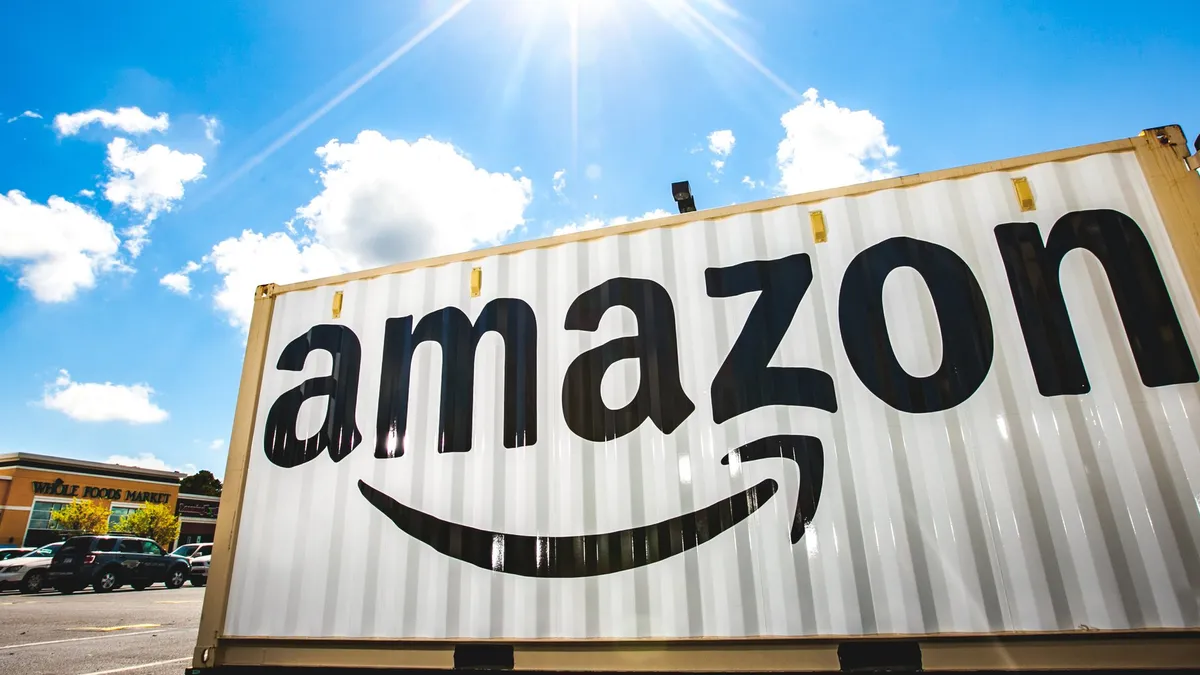Dive Brief:
- The City of Orlando is entering the second phase of a pilot using Amazon’s facial recognition software, known as Rekognition, to identify people in a crowd.
- The nine-month long trial follows an initial pilot that ran from December to June. This trial will involve eight cameras in order to determine if the technology can help the city "further its efforts in utilizing the best tools, technology and training to continue to keep the community safe in today’s ever-changing and evolving world," according to a press release.
- The Rekognition software will not be used for investigative purposes, and will only track police officers who have volunteered for the pilot. The city says that the pilot follows all privacy laws and will not violate any individual’s civil rights.
Dive Insight:
Orlando and other cities piloting the Rekognition software — marketing materials obtained by the American Civil Liberties Union (ACLU) this summer showed that Washington County, OR was also a partner — see plenty of potential for the system to upgrade public safety. The system could be used to track violent criminals, or maintain crowd control during major events. The Department of Homeland Security has used it to help identify people who are overstaying their visas.
But it carries significant civil rights concerns, and has proven extremely controversial in its early — and largely under-the-radar — rollout. The ACLU has said that the technology “is primed for abuse in the hands of governments,” and could especially pose “a grave threat” to people of color and immigrant communities. A report on Medium said that more than 450 Amazon employees have signed a letter to CEO Jeff Bezos raising concerns about Rekognition. In an interview, the anonymous author of the letter told Medium the internal critics have been "essentially stonewalled."
While cities have had success with data-intensive and high-tech policing efforts, it’s clear that more public scrutiny and safeguards are necessary for systems like Rekognition, which could be abused. Chicago, for example, implemented a "smart policing" strategy including data analysis, gunshot detections and more cameras, but included community groups and civilian data analysts in creating the program.
Orlando has promised that if it will implement the technology full-time, “city staff would... develop a policy and governance surrounding the technology at that time."











